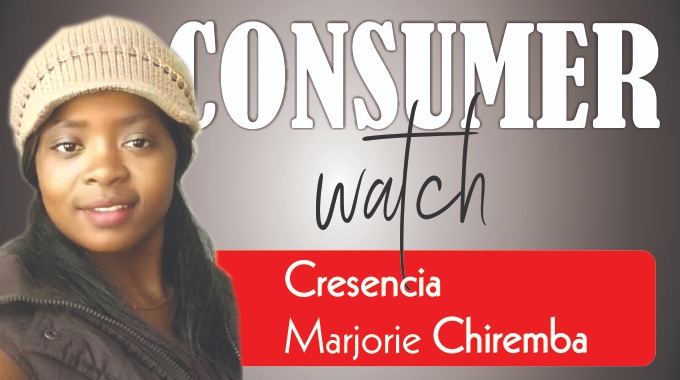
The Sunday Mail


Race is a social construct that is used by society to distinguish people by the colour of their skin.
By merely looking at people, it is easy to tell them apart as Asian, African or European.
While race has helped identify people, it has also sadly been used as an instrument to discriminate.
Historically, slavery has been the major highlight of racism.
For the longest time, whites seem to have access to opportunities and resources more than blacks by virtue of their skin colour.
However, science believes that skin colour offers nothing more than insights into one’s geographic ancestry based on adaptive traits to the environment.
This has, however, not stopped humans from exploiting differences in race to create institutional racism.
This is particularly the case in countries such as the United States of America, where blacks are often at the receiving end of the police.
Celebrities, civic groups and pressure groups, corporates, sports associations and governments, among other entities, are currently fighting to end racism in all its forms.
Brands have also been complicit in subtly promoting racism in their adverts.
Companies such as Nike and L’Oreal have recently been caught up in campaigns that seem to promote racial stereotypes even though they profess to be against racism.
In Africa, the latest brand to be accused of racial stereotyping is South Africa’s Clicks, which was recently forced to pull down its TREsemme adverts that were viewed as offensive.
It seems that racism in advertising, which mainly targets blacks, has been there for quite a long time.
It, therefore, came as no surprise when TREsemme adverts portrayed black women’s hair as “frizzy and dull” and as “dry and damaged”, while white women’s hair was described as normal, fine and flat.
Historically, when advertising started, blacks did not feature much, and in the few instances that they were cast in adverts, they were featured as unattractive, subservient and ignorant.
In some cases, the ridicule was too much as blacks were often caricatured.
And, here we are in 2020, the stereotyping continues.
There is need for creative directors in the advertising industry to decolonise their mind, and this can start by opening the door to other races in creative departments.
People of colour must also have a say in creative decisions before adverts are flighted.
Racial stereotypes often lead to an inferiority complex in some black people, who think that white is better than black.
For instance, the 2017 Dove advert, which showed a black woman transforming into a white woman after using their dove soap, is proof enough of pervasive negative stereotypes in the advertising industry.
However, some industry experts believe that nowadays it is difficult for companies to put out adverts that are non-offending, as different groups will always be offended if the advert does not address their interests.
A meat advert will offend vegans, while a weight loss advert will certainly offend plus-sized individuals as they will likely view it as body shaming.
But, when an organisation makes a product that does not have a traditional connection with the audience of colour, it is better not to do a direct a comparison with the other races as doing so may be perceived as a direct attack as in the Clicks fiasco.
Organisations need to know that the black community is a very important market segment that can contribute significantly to any organisation’s bottom line.
Organisations like Tommy Hilfiger are benefitting from their association with the black culture.
On the other hand, clients should also take part of the blame when it comes to racism in advertising.
One of the legacies of colonialism was to inculcate a belief among blacks that everything associated with the white man was superior.
Some organisations prefer white people to be their brand ambassadors because they feel their targeted audience may fail to identify with any other race other than the white race.
Cresencia Marjorie Chiremba is a marketing enthusiast with a strong passion for customer service. For comments and suggestions, she can be reached on [email protected] or on 0712 979 461



